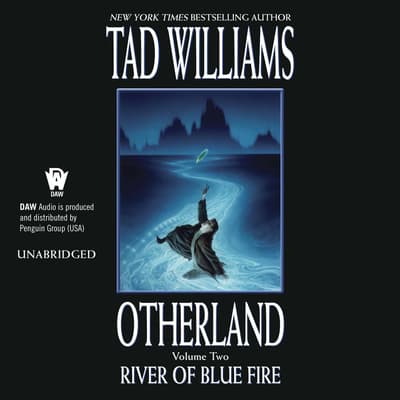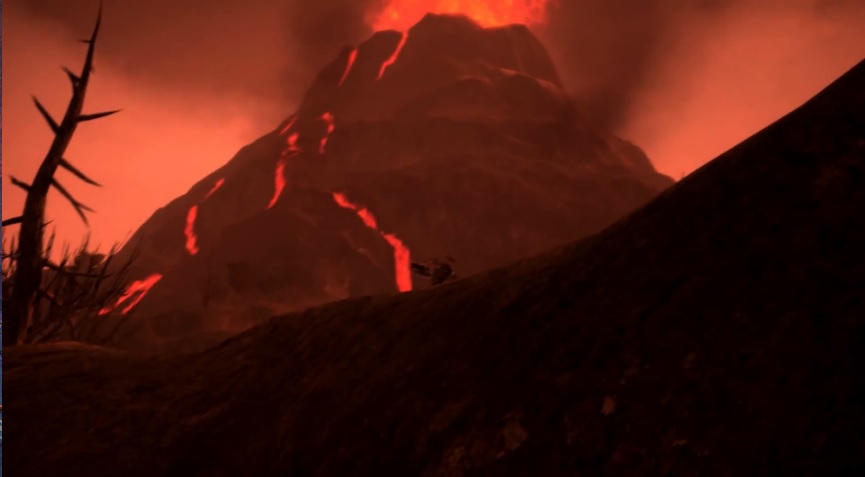

Inside Otherland, there are travellers who have been ‘swallowed’ by the network and then set on a Homeric quest through fantastic cyber worlds that challenge their understandings of godliness and ultimately take them to meet the godlike ‘dream that is dreaming us.’ In his fantastic series, Williams gives us a rather violent interpretation of posthuman afterlife in techno-Utopia, a playground for vicious ambitions and monstrous self-made gods inside a dystopic universe, where yet hope for godliness exists in unexpected forms. Its innocent yet often fatal malevolence is only surpassed by the founders of the network, the Grail Brother-hood, and their rogue contract killer, Dread, who are all seeking immortality. It can also be found in Tad Williams's own collection, Rite Short Work, and as a standalone novella in German, 'Der glcklichste tote Junge. 'The Happiest Dead Boy in the World' is a related novella from Legends II. The omnipresent ‘Other,’ a disembodied entity and operating sys-tem of the network, is a childlike, experimental, and uncaring cyber god, whose unfamiliarity with humanity’s rules turns it into a threatening, people-devouring creature. The Otherland tetralogy was awarded the Corine International Book Prize in the category Future Prize in 2004. Several monstrous god figures in the virtual net-work, Otherland, deal in pain, torture, and death and utilise the intimidating size of spaces and things to rule their domain. There is an inflationary usage of the word ‘god’ in Williams’ work, which also caters to Nitzschean ideas of the ‘overhuman,’ ‘god’s death,’ and transhumanistic principles.


On the other hand, Tad Williams's Otherland novels, beginning with Otherland : City of. In his cyberpunk series, Otherland (1996-2001), science fiction writer Tad Williams studies godliness in its possible interpretations for the digital age. as human personalities are downloaded into computers.


 0 kommentar(er)
0 kommentar(er)
